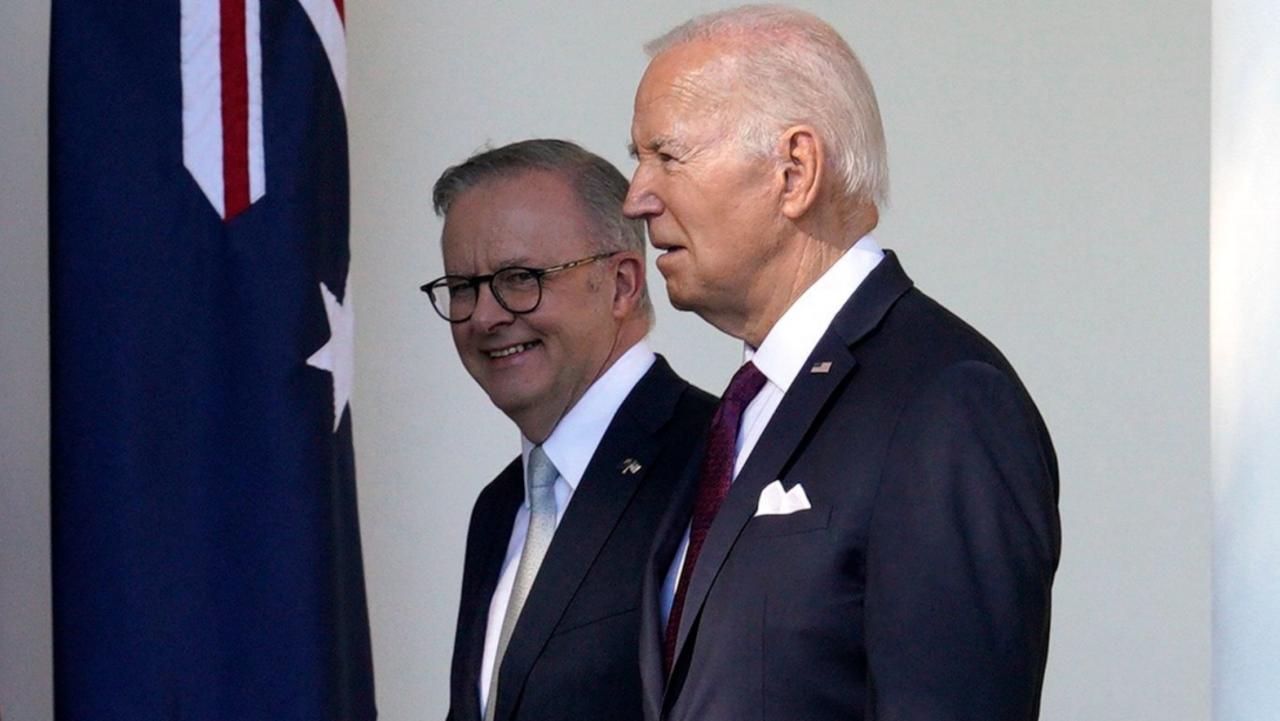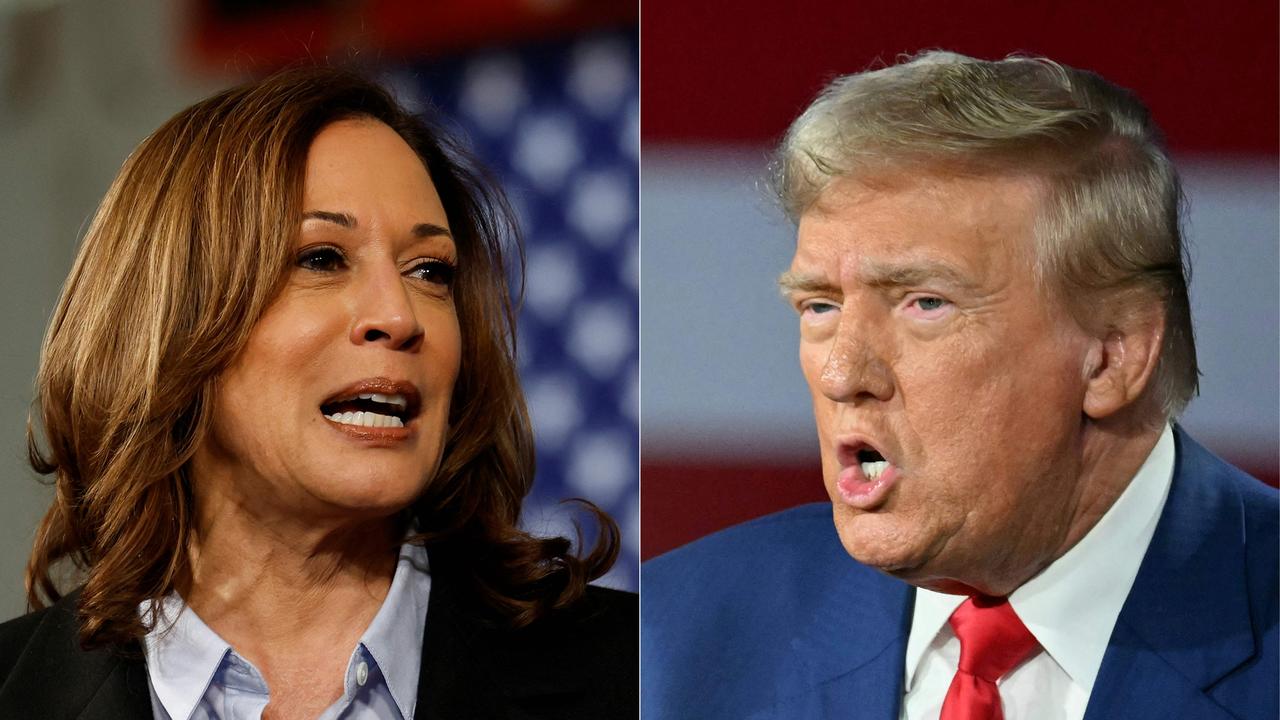Why voters don’t like Bill Shorten
BILL Shorten has never been popular with voters and Malcolm Turnbull’s success has sent his figures even lower. This is why we’ve never warmed to him.
Leaders
Don't miss out on the headlines from Leaders. Followed categories will be added to My News.
BILL Shorten has never been popular with voters and it turns out the reason may be written on his face.
The Opposition Leader is feeling the pressure after a Fairfax-Ipsos poll released today found Labor’s primary vote had plummeted to 30 per cent against the Coalition’s 45 per cent.
While love for the new Liberal leader Malcolm Turnbull could account for much of the bounce, voters have never warmed to Mr Shorten.
The Labor leader’s approval rating has consistently had a minus in front of it. Even when he overtook Tony Abbott in the polls in August, Mr Shorten was still at minus 10 per cent; it’s just that the former prime minister was at minus 24.
Profiler Alan Stevens, who is an expert at reading people, said it wasn’t just about how Mr Shorten came across, but also how he compared to Mr Turnbull, who seemed to be appealing to voters, even on a subconscious level.
“The shape of a person’s face has a lot to do with what we think of them,” Mr Stevens told news.com.au.
“Shorten’s face is a reverse triangle, which means it is narrow at the bottom and gives the impression of a lower authority whereas Malcolm’s face is more square and gives the feeling of authority.”
He said judging people’s personalities based on their physical appearance was something that extended back to tribal times.
“If you go to a country where you can’t understand the language, you go by the body language and expressions,” Mr Stevens said.
Deciphering personality traits based on facial features is something that is also being recognised in academic research.
Professor Marc Fetscherin, of Rollins College in Florida, found that successful male chief executive officers tended to have wider faces than the average man, and this was also linked to aggressive and ambitious behaviour. This aligned with a separate study at Sussex University that found square jaws were an indicator of high levels of testosterone.
Volunteers at Cornell University have even been able to identify convicted criminals simply by looking at them.
But when it comes to politics, Mr Stevens said body language also played a part, and Mr Turnbull came across as more polished and educated.
“Malcolm seldom points with his fingers, he holds his glasses in his dominant hand and points with the glasses. He doesn’t do that abrupt, finger jabbing that people do,” he said.
“That jabbing is almost like someone is pushing you in the chest … Malcolm does it with his glasses and this softens it, but also makes him come across as educated and intelligent.”
Mr Stevens said that when Mr Shorten was being compared to former PM Tony Abbott, the comparison was more favourable.
“Tony was all about control, the way he spoke and walked, people took offence, and Bill Shorten was softer and more acceptable,” Mr Stevens said.
Andrew Hughes, a lecturer at the Australian National University, agreed with Mr Stevens that Mr Shorten did not compare favourably with Mr Turnbull, but pointed to other factors.
Dr Hughes, who has expertise in marketing management and strategy as well as politics, said he thought the number one reason why people did not like Mr Shorten was because he came exclusively from a union background. This could leave him open to bias and concerns he would be overly influenced by one stakeholder group.
It also made difficult for voters to identify with Mr Shorten.
“I think that’s one thing that people want, is to feel they can relate to (leaders),” he told news.com.au.
With only 17 per cent of Australian employees boasting trade union membership, there was not much about Mr Shorten’s background that resonated with voters.
Dr Hughes said it was important for leaders to have done well in their lives, while understanding what it was like to be “down and out”.
“That’s why the attacks on Malcolm Turnbull have not worked. He’s self made and, if anything, his background is more Labor than the Labor Party,” Dr Hughes said.
This could be why former unionists like Paul Howes, who Dr Hughes believes will eventually enter politics, had decided to resign and take on jobs in the corporate world.
Dr Hughes said Mr Turnbull’s strength was that he was a positive leader who also spoke to modern Australia. When it emerged that Mr Turnbull was using the self destructing email app Wickr, Dr Hughes said probably half the population thought, “what is that?”
“He is ahead of us in social media … it’s a sign or signifier that he’s more modern, more connected and into social media and technology and where it might take Australia,” Dr Hughes said.
This modern attitude made people feel that they were not just supporting a change in politicians, but also a change in vision for Australia.
He said Mr Shorten could bounce back but he would need to find a positive vision.
“And he’s got to do it soon or he will lose his chance,” Dr Hughes said.
“Labor is not offering the policies that they need to and have been benefiting more from saying ‘these guys are horrible’.
“I think Australians are over hearing that, and that period of politics.”
— With AAP
Originally published as Why voters don’t like Bill Shorten



